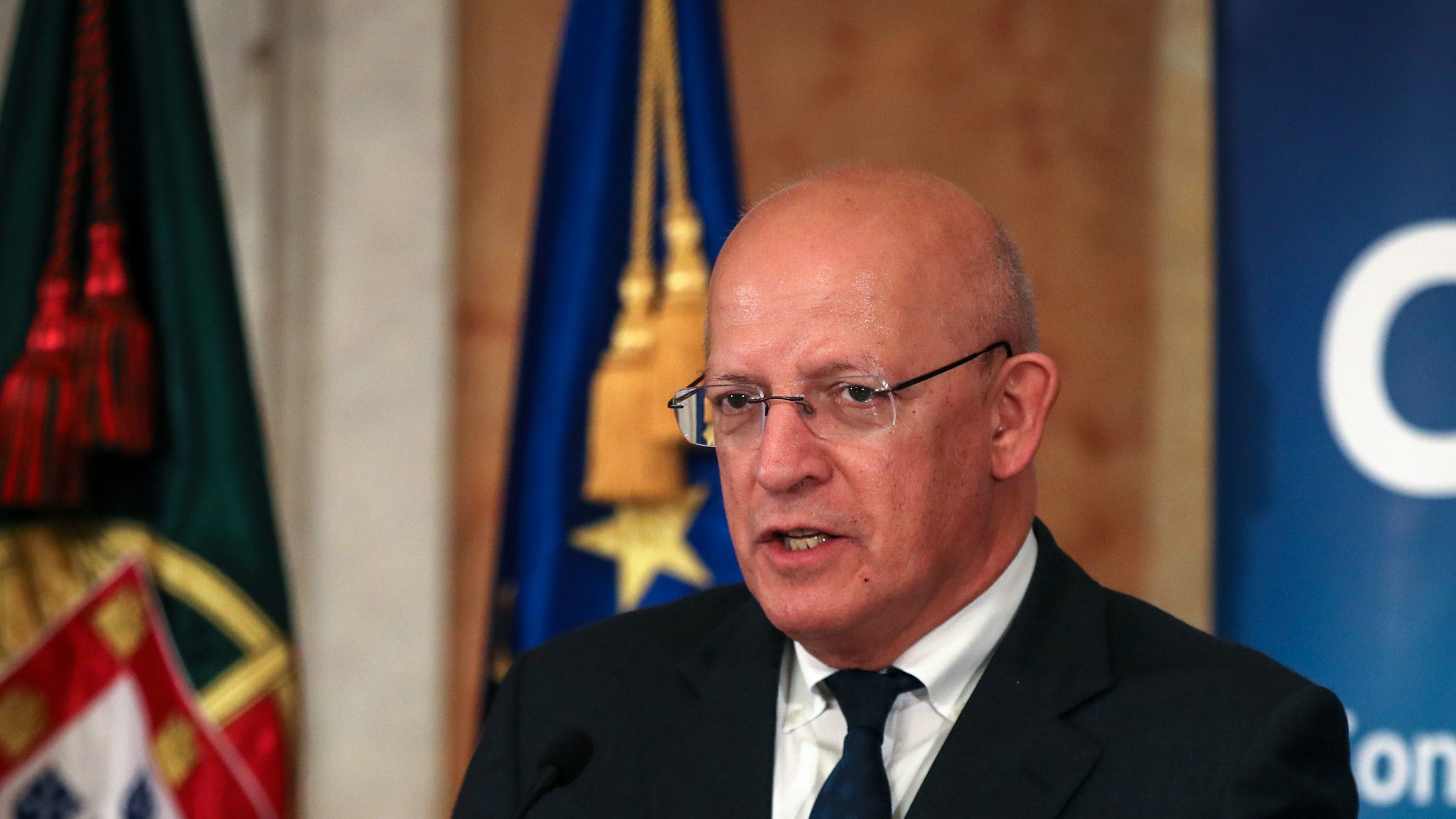Portugal wants €750T EU bazooka fund available before August
Augusto Santos Silva defended that the deadlines for analysis and approval, either by the European Commission or by the Council, should be shortened to July.
The Portuguese Presidency of the Council of the European Union is working so that the process of releasing the 750 trillion euros from the EU’s post-pandemic Recovery Fund can be shortened by at least one month.
The indication was given on Tuesday by the Minister of Foreign Affairs, Augusto Santos Silva, at the Commission of Economy, Innovation, Public Works and Housing of the Portuguese Parliament, in which he defended that the deadlines for analysis and approval, either by the European Commission or the Council, should be shortened to July.
The head of Portuguese diplomacy recalled that a meeting of ECOFIN is scheduled for 18 June to analyse a first package of national plans.
Once all the national plans have been submitted, which has a deadline of 30 April, the Commission has two months to approve them, after which it will be up to the 27 ministers of economy and finance to analyse all the documentation within a month, which would drag the release of funds to support Europe’s economic recovery until at least August.
In relation to the decision on own resources, which must be ratified by all 27 member states in order for the Commission to go to the markets, Santos Silva pointed out that to date, 18 of the 27 have already ratified it and given official confirmation of this to the European Commission, with another nine remaining.
“We hope that, by the end of spring, things will be resolved so that the European Commission can go to the markets to make the loans of 750 trillion euros for the fund,” Santos Silva said.
In relation to Portugal, the minister noted that the business dimension of the PRR (recovery and resilience plan) in the country is “very high,” stressing that Portuguese companies are recipients of 4.9 billion euros, and should take into account the various programmes and purposes for the funding to be used.
Santos Silva highlighted the 1.5 billion euro ‘tranche’ for capitalisation and business investment, to be managed by state bank Banco de Fomento, and another of 1.3 billion euros for “reindustrialisation processes that typically combine technological processes with business innovation”.
“Other very important ‘tranches’ will go to industrial decarbonisation, digital transition of companies and new clean energies, namely green hydrogen, for the purposes of industrial and business use,” he stressed.
Santos Silva also said there were “signs of confidence” in the Portuguese economy as early as 2021, pointing out that if you analyse the chain variations in exports and investment, “you can see that the cycle is turning positive again”.
“The latest available data on our exports, for February, shows a 3.4% growth in Portuguese exports when compared to January,” he highlighted.
“Even more important is the sign of international confidence and of international investors in the conditions for investment in Portugal, seen by the announcement of a major investment in a data centre in Sines, which will represent, by 2025, a value of 3.5 billion euros, generating, at cruising speed, 1,200 new jobs in the data industry, of data-related service activities,” he added.
For Santos Silva, this is an “important investment from an economic and digital transformation point of view”, which will also take advantage of the first undersea fibre optic cable between South America and Europe.


